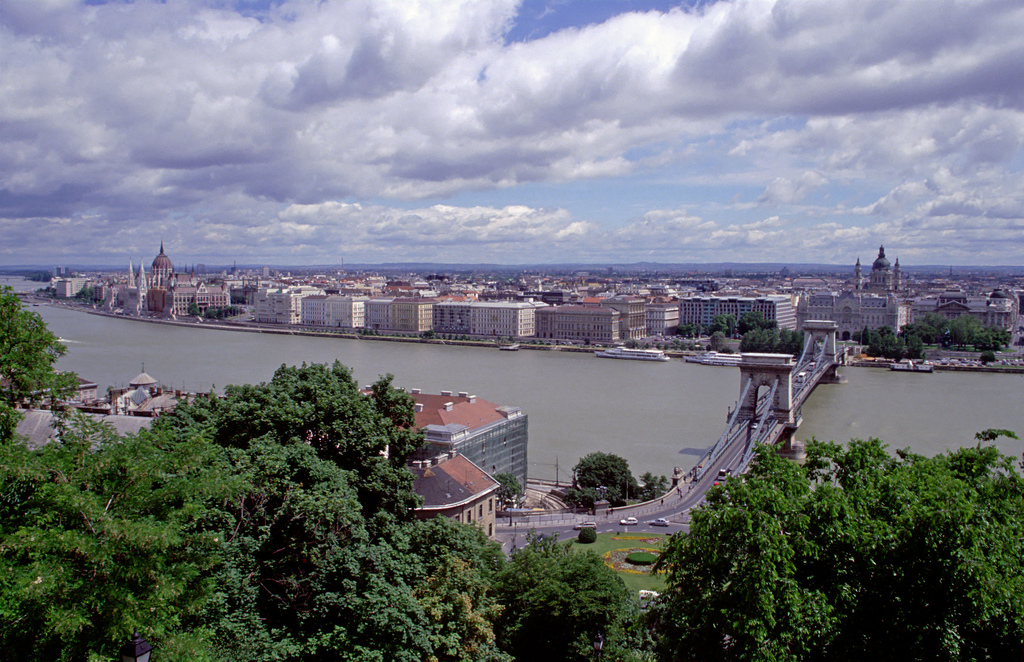Hungarian government indicates plans for geothermal guarantee fund
The Hungarian government has indicated plans for a geothermal guarantee fund as part of an adapted energy strategy. It will have to be seen if this actually materialises.
In a recent interview with Hungarian publication Világgazdaság, Péter Kaderják, State Secretary for Energy and Climate Policy in Hungary announces plans for a geothermal guarantee fund. With this fund, the government plans to utilise geothermal energy better before, while it also sees the need for energy storage projects.
Does the new energy strategy change the current priority of atomic-carbon-green?
The role of atomic and renewable energy seems to be assured by the triple so far, but the European business environment of coal and lignite plants has been severely deteriorated due to rising carbon prices and climate policy efforts. Since the Mátra Power Plant (a lignite fired power plant owned by RWE) plays an important role in the domestic energy supply, we have negotiated with the owners and management of the company, they also feel this problem and have indicated their commitment to a low carbon future. The company is thinking about developments in which the Mátra Power Plant can continue to play a key role in energy production by adapting to future low carbon emissions.
The use of solar power in Hungary is growing. Will the energy strategy be put down with some specific power storage mode?
Indeed, due to the exponential rise in weather-dependent, especially solar power generation, there is a need for flexible capabilities that help integrate it into the electricity system. There are several solutions available. In order to keep the system in balance, a flexible service can be provided by well regulated gas power plants, foreign trade in electricity, certain industrial companies (by reducing their use), and the option of such storage. Developments are already competing in the latter area, and they will also play a significant role in triggering local congestion at transmission and power distribution levels. Three major projects have already been completed, partly with state support.
The regulatory authority is also looking for tools in its field and would benefit the market if other technologies that help control the system enter. In the very short reaction time, there is already a mature lithium-ion storage mode, but we should be able to store for several hours and for seasonal storage, the latter to store the electricity stored in the summer in the winter. Therefore, pilot projects should be launched in which private sector actors could apply for budget support, with the network sector defining what kind of flexible service it needs.
With the government’s overall take on climate change, it will have to be seen how concrete such plans really are. Currently the utilisation of natural gas for heating is heavily subsidized to make it difficult for geothermal energy to compete in the local market for heat.
Source: VG.hu


















